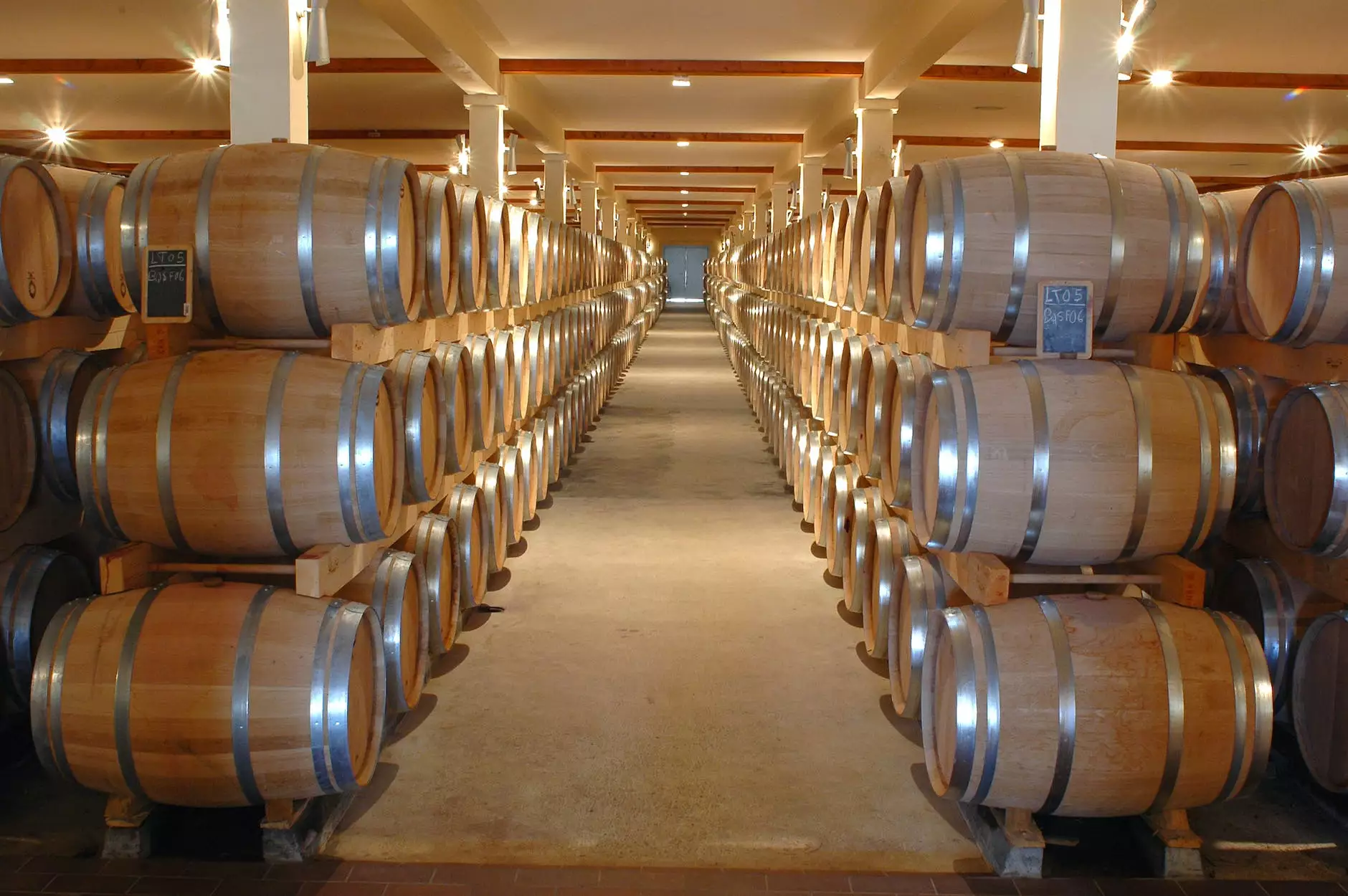Exploring the Benefits and Uses of Compressed Wood Pellets

The modern world is increasingly turning to sustainable and efficient energy sources, and among the most innovative solutions in this arena are compressed wood pellets. These small, cylindrical particles, made from compressed organic material, have gained significant traction across various industries, particularly in energy production and manufacturing. This article delves into the myriad advantages of using compressed wood pellets, their applications, and the implications for businesses, particularly in the context of being a wood supplier and the ability to buy timber in bulk.
What Are Compressed Wood Pellets?
Compressed wood pellets are highly dense and compact pellets made from sawdust, wood shavings, and other wood byproducts. The production process involves drying the raw materials and then compressing them under high pressure, which eliminates moisture and binds the materials together without the use of chemicals. This not only results in a fuel source that is efficient and easy to transport, but it also makes use of what would otherwise be waste products from the timber industry.
The Environmental Impact of Compressed Wood Pellets
One of the most significant advantages of compressed wood pellets is their environmental sustainability. The production and use of these pellets offer various ecological benefits, including:
- Reduction in Waste: Pressed from wood residues, pellets help minimize the amount of waste discarded in landfills.
- Lower Carbon Footprint: They are a renewable energy source that contributes to lower greenhouse gas emissions compared to fossil fuels.
- Sustainable Resource Management: The use of compressed wood pellets promotes sustainable forestry practices, ensuring that tree replanting and responsible harvesting occur.
Applications of Compressed Wood Pellets
The versatility of compressed wood pellets makes them suitable for a variety of applications:
1. Energy Production
Compressed wood pellets are increasingly used as a renewable energy source in heating and electricity generation. Key benefits include:
- High Energy Density: They contain high energy content per weight compared to traditional biomass fuels.
- Versatility: Suitable for residential, commercial, and industrial heating systems.
- Compatibility: Many existing coal power plants can be retrofitted to burn wood pellets, making it easier to transition from fossil fuels.
2. Animal Bedding
An essential application of compressed wood pellets is in the agriculture sector as animal bedding. Benefits include:
- Absorbency: They offer excellent moisture absorption, keeping animal habitats dry and comfortable.
- Odor Control: The pellets help control unpleasant smells in barns and stalls.
- Ease of Handling: Lightweight and easy to handle, making it convenient for farmers.
3. Manufacturing Industry
Many manufacturing operations make use of compressed wood pellets in their processes, particularly in creating composite materials and other wood products:
- Wood Composites: Essential for producing particleboard, MDF (medium-density fiberboard), and other engineered wood products.
- Fuel for Biomass Boilers: A common energy source in the production and processing of timber and paper products.
Benefits of Choosing Compressed Wood Pellets for Your Business
Integrating compressed wood pellets into your business model as a wood supplier or by buying timber in bulk presents numerous advantages:
1. Cost-Effectiveness
Utilizing compressed wood pellets can significantly reduce energy costs, especially for heating. Their competitive pricing compared to fossil fuels allows businesses to save money in the long run.
2. Quality Assurance
When sourced from reputable suppliers, compressed wood pellets offer consistent quality, ensuring reliability for operations relying on them as a primary heating or manufacturing resource.
3. Brand Sustainability
Incorporating sustainable practices through the use of compressed wood pellets allows companies to enhance their brand image. Consumers and partners increasingly prefer businesses that prioritize environmental responsibility, making this a smart marketing strategy.
The Future of Compressed Wood Pellets
The future of compressed wood pellets looks promising as demand for renewable and eco-friendly energy continues to rise. More industries are expected to recognize their advantages, leading to increased production and innovation in the field.
1. Technological Advancements
Emerging technologies may improve the manufacturing process of compressed wood pellets, making them even more efficient and sustainable. Innovations could include:
- Enhanced Production Techniques: Methods that further optimize raw material use and minimize waste.
- Quality Improvements: Technologies aimed at creating pellets with higher energy density and lower emissions.
2. Market Trends
As the global focus shifts toward environmentally friendly practices, more industries may adopt compressed wood pellets as a primary energy source. This adoption will likely lead to:
- Increased Demand: Higher demand will drive the market, benefiting both suppliers and consumers.
- Innovation in Biomass Energy: New developments in pellet technology, storage, and transportation methods, leading to broader applications.
Conclusion
In conclusion, the use of compressed wood pellets represents a forward-thinking solution to many modern energy challenges. Their benefits extend beyond mere efficiency; they are a sustainable, cost-effective alternative that supports environmental stewardship. For businesses involved in the timber industry, such as wood suppliers or those looking to buy timber in bulk, integrating compressed wood pellets into operations offers a pathway toward sustainability, decreased costs, and enhanced brand value.
As the world increasingly prioritizes renewable energy sources, compressed wood pellets will play an essential role in the transition to a greener future.









